Lessons from four member companies that have survived for a century and continue to thrive.
by Cathy Broberg
In January 2020, the North East Canvas Products Association (NECPA), a trade organization for the canvas and outdoor fabric industry, marked its 100th anniversary. Members celebrated at its annual conference with a gala and by touring a “museum” showcasing historical artifacts.
As an affiliated zone of IFAI, the organization is unique in numerous ways. One is its location in the densely populated Northeast, which allows for short travel times for most members attending meetings.
Another key to its longevity is its annual convention and free expo, which typically attracts 250–350 visitors. The organization itself has about 120 active members.
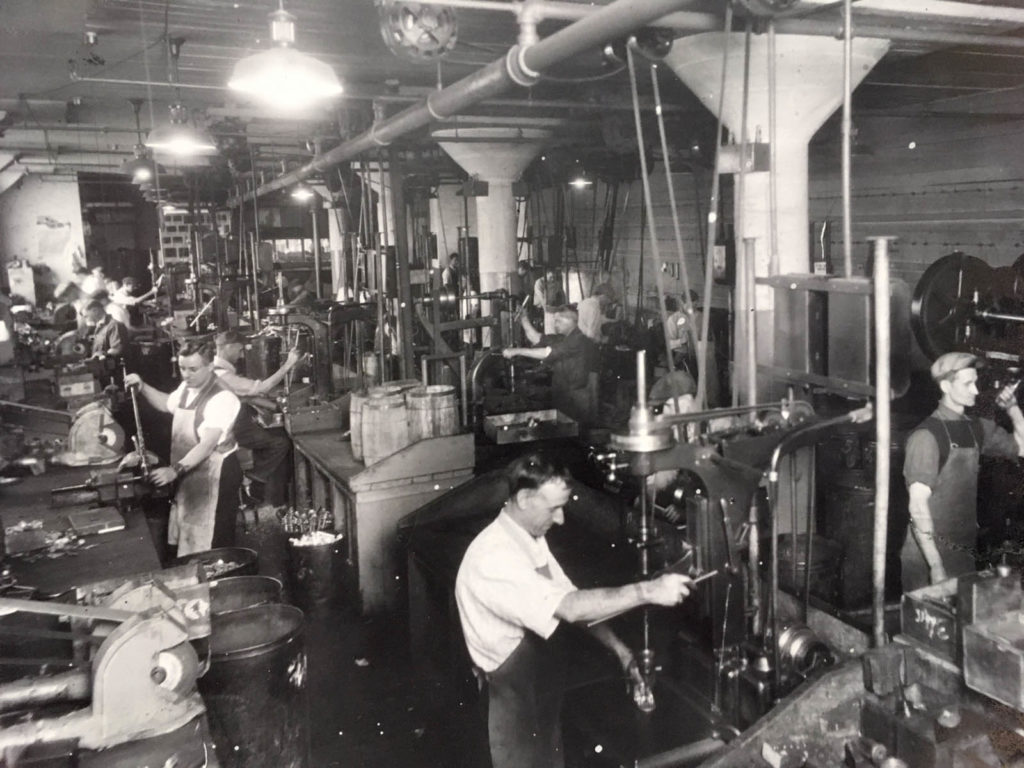
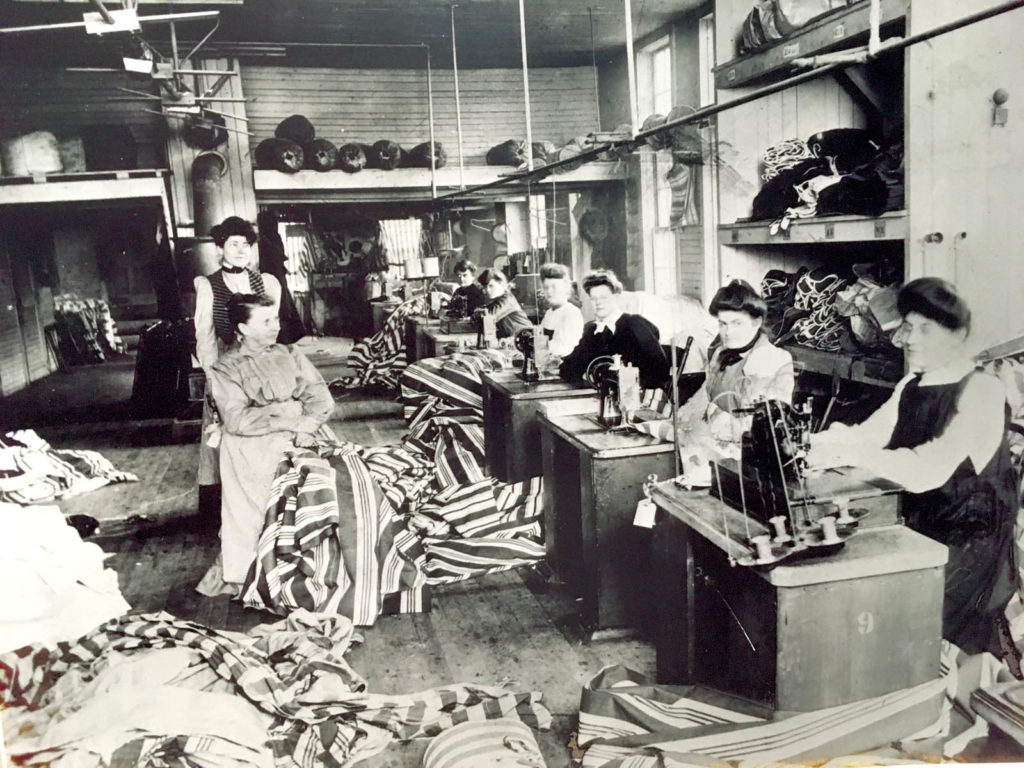
The friendliness of the group is another huge draw. Katie Bradford, MFC, owner of Custom Marine Canvas, Noank, Conn., says it’s a friendly and passionate group. “People can’t wait to share new techniques with each other, new sources of material. Our seminars are real lively. You have someone in the front of the room giving the seminar but then you have the free exchange of information from everyone in the audience.”
NECPA board member Stefanie Vanderbeck agrees: “You make so many friends there and everyone is so collaborative and so willing to say, ‘Hey, this is what I do in my shop, and that really worked well. Tell me what your problem is again—let me try to help you think it through.’”
“These relationships we create by going to these meetings have definitely, by far, made the industry a stronger place,” says Scott Massey, owner of Awning Cleaning Industries, New Haven, Conn., and longtime NECPA board member.
In light of the current challenges facing textile industries in the U.S. and around the world, here’s a brief look at how four NECPA members and their companies have endured over time.
Wm. J. Mills & Co.

When Scottish immigrant William J. Mills moved to Greenport, N.Y., in 1880 pursuing steady work as a sailmaker, he couldn’t have known he was charting the course of his family’s life for generations to come. But 140 years later, his descendants are still operating the company he founded that year.
Today, the fifth generation is at the helm: Jamie and Bob Mills are president and vice president, respectively. And in 2017, Bob’s son Rob came on board, marking the entrance of the sixth generation.
Companies don’t survive that long by standing in place. As Jamie explains, the company’s longevity has hinged on being adaptable: “I’ve always subscribed to the philosophy that what we do is manage change. And sometimes change is what we create and sometimes change is thrust upon us, as in the current coronavirus situation.”
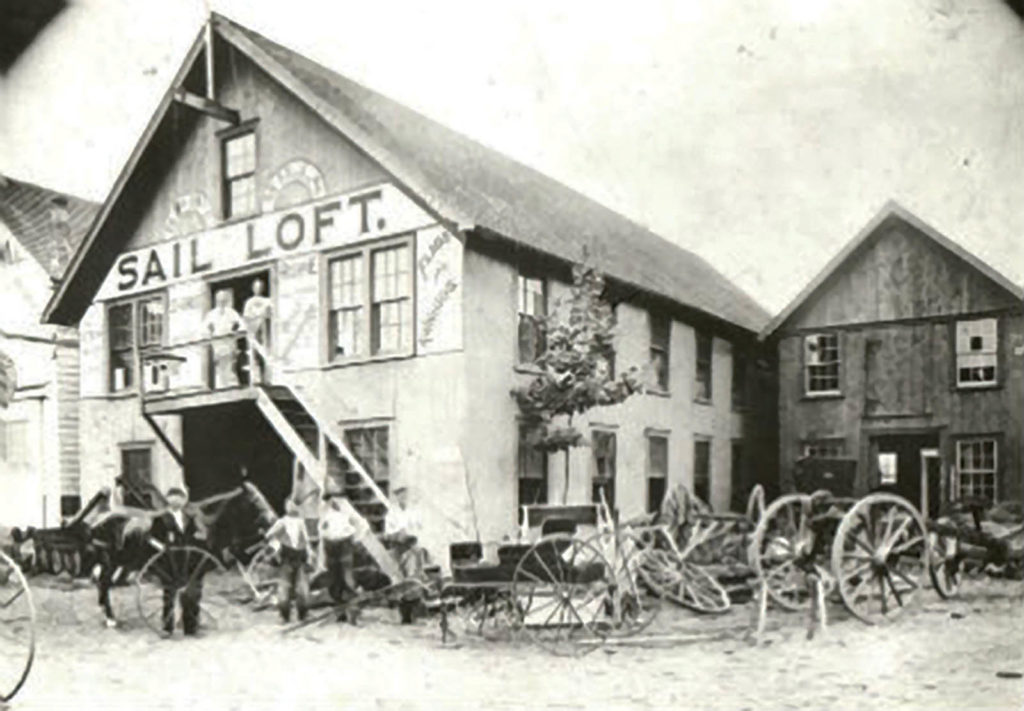
An example of the company’s ability to evolve was evident when its longtime partnership, from 1959 to 1996, with the Boston Whaler Co. ended. “When I first took over the company, we were shipping trailer truckloads up to the factory in Rockland, Mass. But then Boston Whaler was sold and we lost that contract,” Jamie says. Fortunately, many dealers stuck with Wm. J. Mills. “We adapted when we lost that contract to providing service to the dealers. A lot of them we are still doing business with from around the world.”
When asked what has helped the company survive, Bob Mills gives a one-word answer: “Diversity. Doing many different things. When one aspect of the business is down, we can generally keep going on another aspect,” he says. Gone are the days of just making sails; cushions, bags, boat riggings and marine canvas, and custom and retractable awnings are all in its product line today.
The company’s location on Long Island also helps it weather some economic woes: “We’re in a fairly affluent area, so when recessions hit, we have certain clientele who it doesn’t really affect too much,” says Bob.
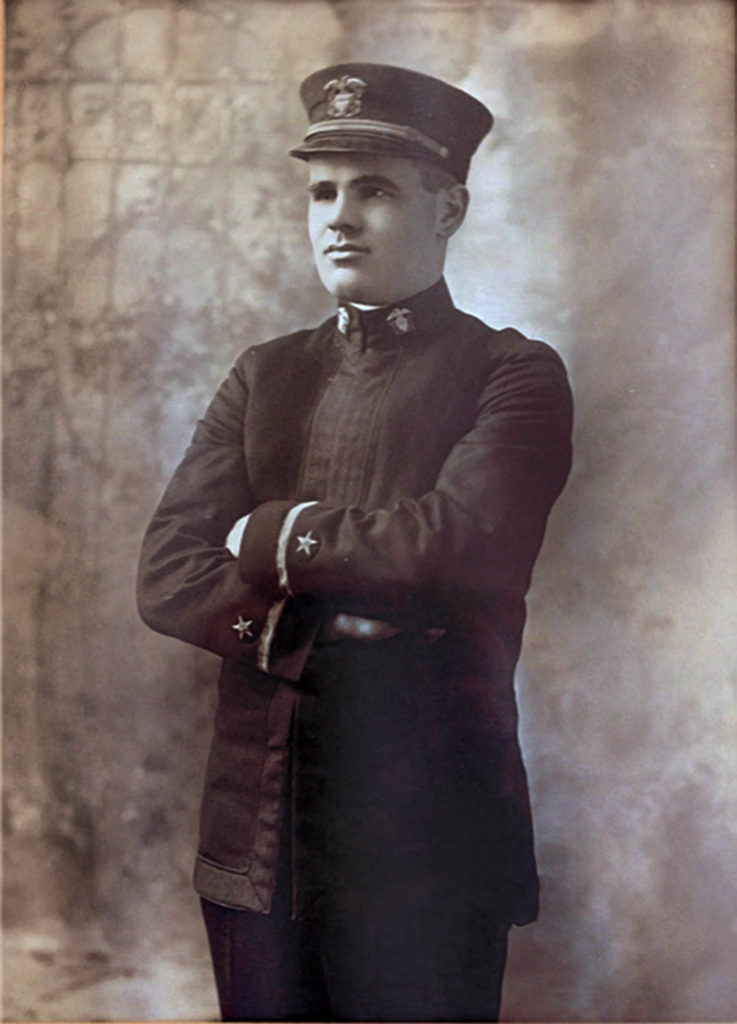
When facing tough times, he says it’s important to diversify. “Find some other things to do,” he suggests. “It’s just taking whatever business you can get and getting it done. Service is going to be the key. That’s what we’ve always based our business on—providing good service and trying to deliver when we say we’re going to deliver.”
Though the company was anxious to jump back into its busy spring season, Jamie says about the pandemic, “From a societal point of view, it’s our responsibility to keep people home. It’s the right thing to do.”
Year founded: 1880
Original products: Sails
Current products: Sails, awnings, and other canvas products for homes and businesses; custom marine canvas products
Number of employees: 26
Durkin’s Inc.
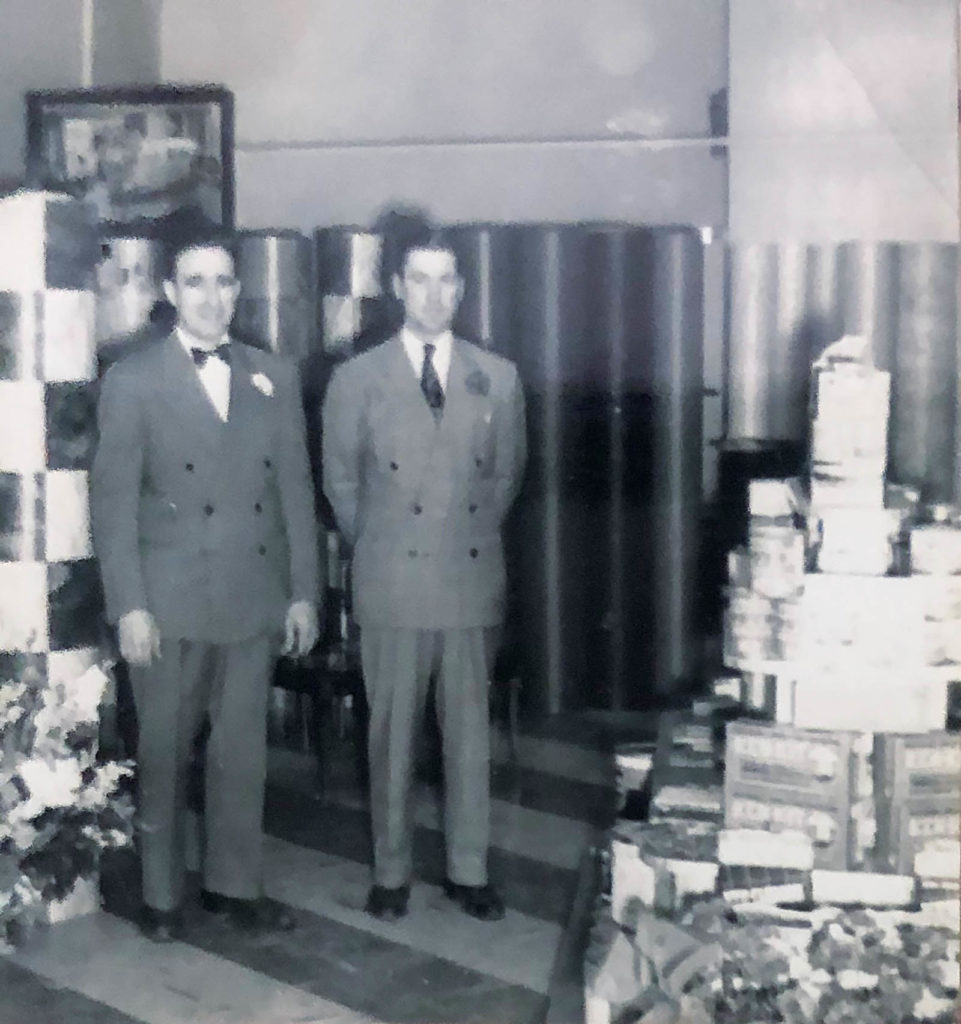
Jeff Ginty, president of Durkin’s Inc., is the fifth-generation family member to lead the company, which was founded in 1904. Although Durkin’s, located in Danbury, Conn., started business in the flooring industry, it transitioned into awnings by the 1930s. In time, that led to automated systems like retractable awnings.
Ginty explains that Durkin’s survival—enduring through wars and recessions—is partly due to its recognition that “you can’t have all your eggs in one basket. You need to be somewhat of a chameleon,” he says, “kind of adapt to each situation.” In the 1970s and ’80s, Durkin’s began manufacturing tents and entered the tent rental market. While it eventually stopped manufacturing, its rental division is still going strong. Selling louvered shading systems is Durkin’s latest venture, one where Ginty sees a lot of potential. “With everything there’s a life cycle” with peaks and dips, he says.
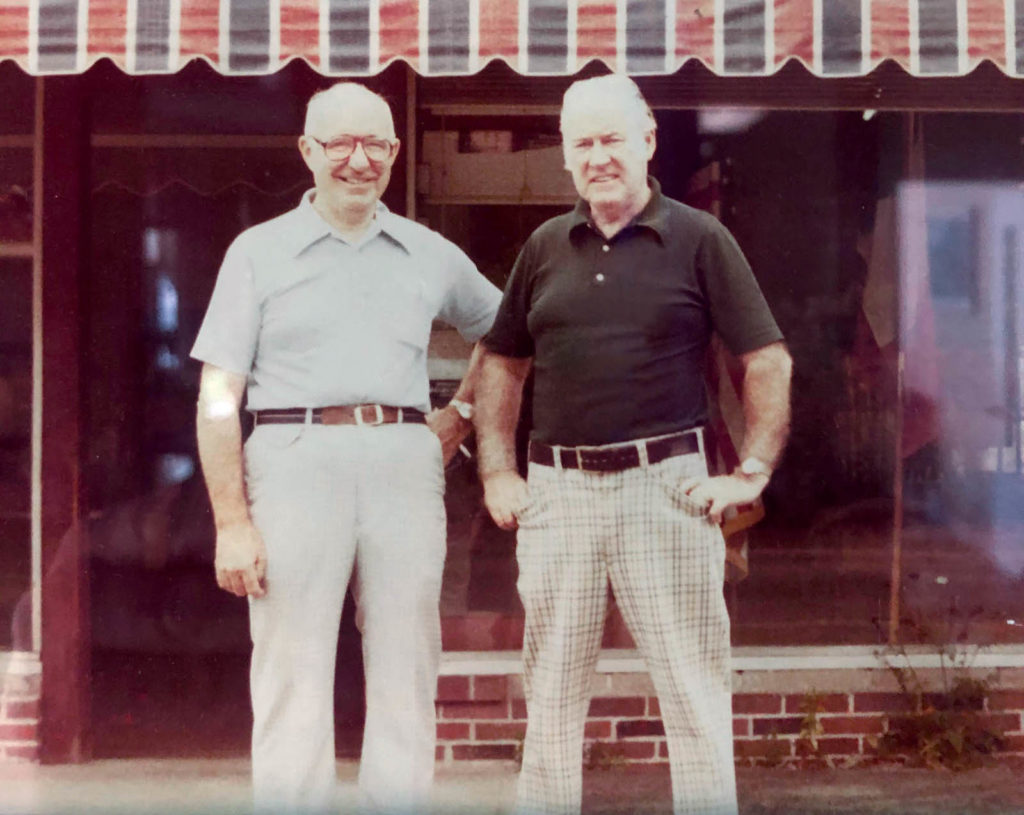
The company works to provide a personal experience to customers. “We’ve kept it small enough where it’s manageable, so we can keep the focus on our customers,” he says. “Being it’s family owned, we give them the family experience. We know them face to face.”
The march of time brings new challenges, of course. For Ginty, who came on board full time in 2000, one such challenge was the rise of social media—something his degrees in business management and marketing did not prepare him for. The company knew it had to “hop on that boat” or be left behind. Durkin’s now has an active presence online.
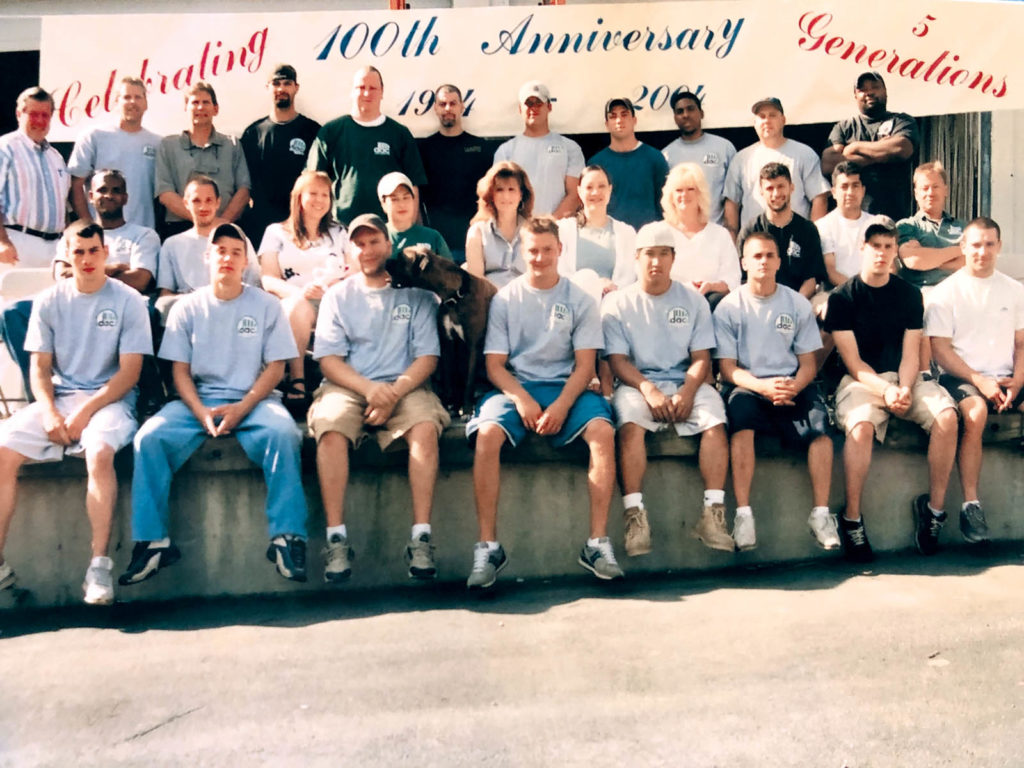
When COVID-19 hit, Ginty “put everything on freeze.” Yet, with so many people home eyeing the next home improvement project, sales have been continuing, particularly for louvered shade systems. So when it’s safe to return to work, the work will be lined up.
Year founded: 1904
Original products: Flooring
Current products: Awnings and shade products, solar screens, tents
Number of employees: 25
Futureguard Building Products Inc.
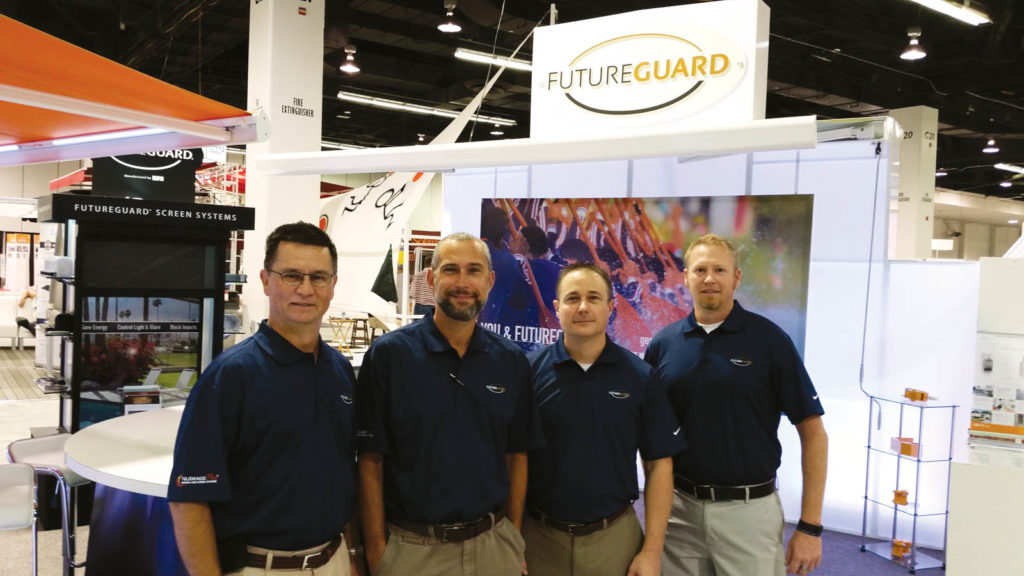
While family-owned company Futureguard, Auburn, Maine, is still in its “young adulthood” after being in business for 37 years, it has already flexed the adaptability muscles often required for long-term survival. “We are a picture of a company that’s evolved,” says Ed Keough, vice president of sales.
The company began as a building products distributor selling primarily to home improvement contractors. Among its various original offerings were aluminum awnings that it purchased from another company. When that manufacturer retired, owner Don Buteau bought out its equipment and began manufacturing aluminum awnings and door canopies. “As you fast-forward on the timeline, he was selling not only to contractors but to the builder supply companies in the days before [big box stores],” says Keough. “That was a good solid business.”
The evolution to Futureguard’s current focus on custom awnings, canopies and screens—and away from traditional building products—involved a few more steps. First, its aluminum awnings found a larger audience: “Don connected with the owner of Home Depot at a national building show when they had eight stores,” says Keough. When those stores started asking for fabric awnings in addition to aluminum ones, Futureguard began making fabric window awnings and canopies, then slowly moved into retractable awnings. Over time, the company has continued to invest in its manufacturing processes, which include part machining and milling as well as a new advanced powder coating line.
“We continue to see year-over-year growth aided by our commitment to high-quality products and service to our customers,” Keough says. In addition, Futureguard has expanded its product line to include exterior vertical solar screens and formed a partnership with Draper Inc., a large solar screen company.
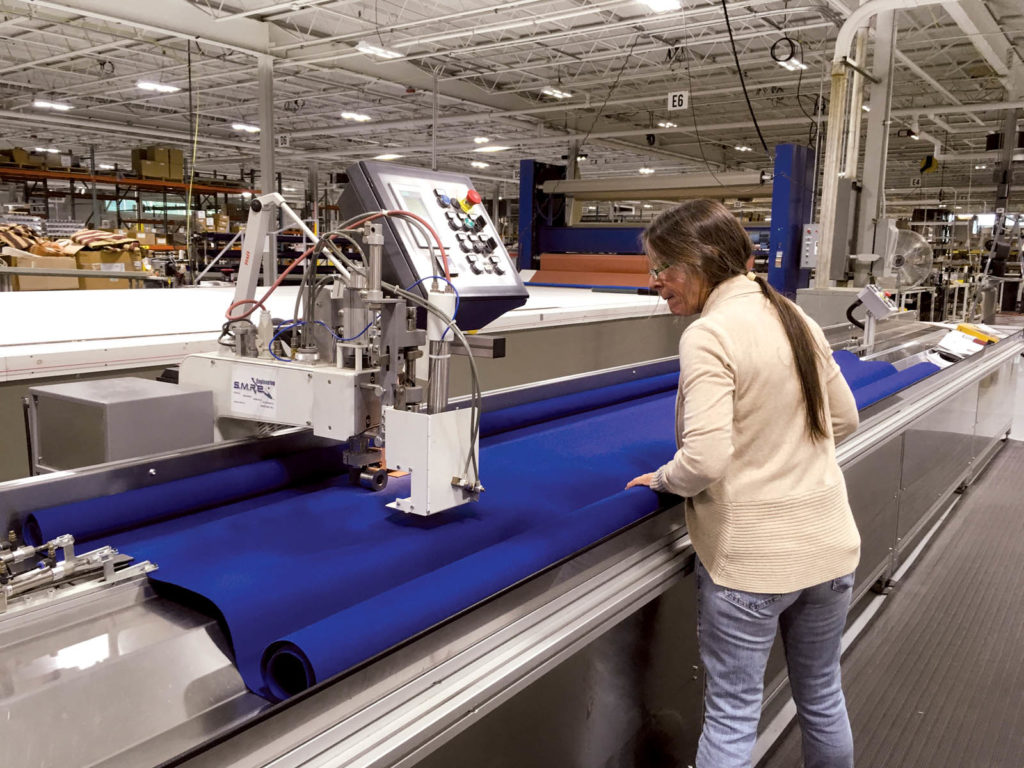
Looking toward the future, Keough says, “The industry itself is very viable but I don’t anticipate it will grow at a super strong pace,” adding that dealers will continue to offer diversified products.
When it comes to dealing with COVID-19, Keough is hopeful that there will just be a little bit of a delay in terms of demand and in the ability to sell. He says, “A very big hope is that this ‘staycation’ mentality will also give a boost” to the industry.
Year founded: 1983
Original products: Building products
Current products: Stationary and retractable awning systems and screen solutions
Number of employees: 100+
Hudson Awning & Sign Co. Inc.
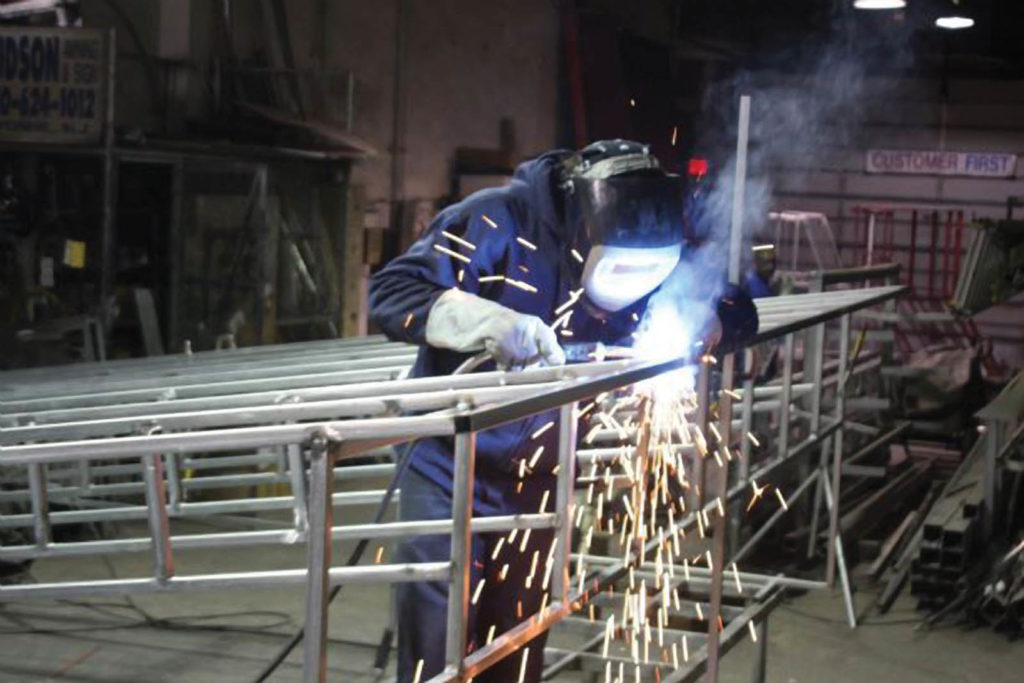
Bayonne, N.J.-based Hudson Awning, founded in 1881, initially produced sails for ships in the New York harbor, but even then it looked toward the future and new opportunities.
“The reason Hudson Awning has been around so long is that we always delivered on what we promised and put the customer first. We were never afraid to look outside the box and always adapt to what the market needed,” says company president Diana Isabella-Wetchkus.
Stefanie Vanderbeck, who spent 30 years at her family’s company, says, “In the early 1900s when the port business started to dry up in New Jersey and New York, they had thousands of lengths of sailcloth that they needed to use.” This led the company to start manufacturing awnings.
It often takes daring—and a certain personality—to keep reaching for the next opportunity. Vanderbeck attributes much of the company’s success over the last 40 years to its CEO. “Ed Burak, my stepdad, was really quite the entrepreneur,” she says. Vanderbeck says Burak always dove headfirst into new innovations and products, sometimes accepting projects and then figuring out how to do them. Burak explains: “It’s called risk. It’s called looking to the future. The only way you can stay current and keep yourself in business is by re-creating yourself.”
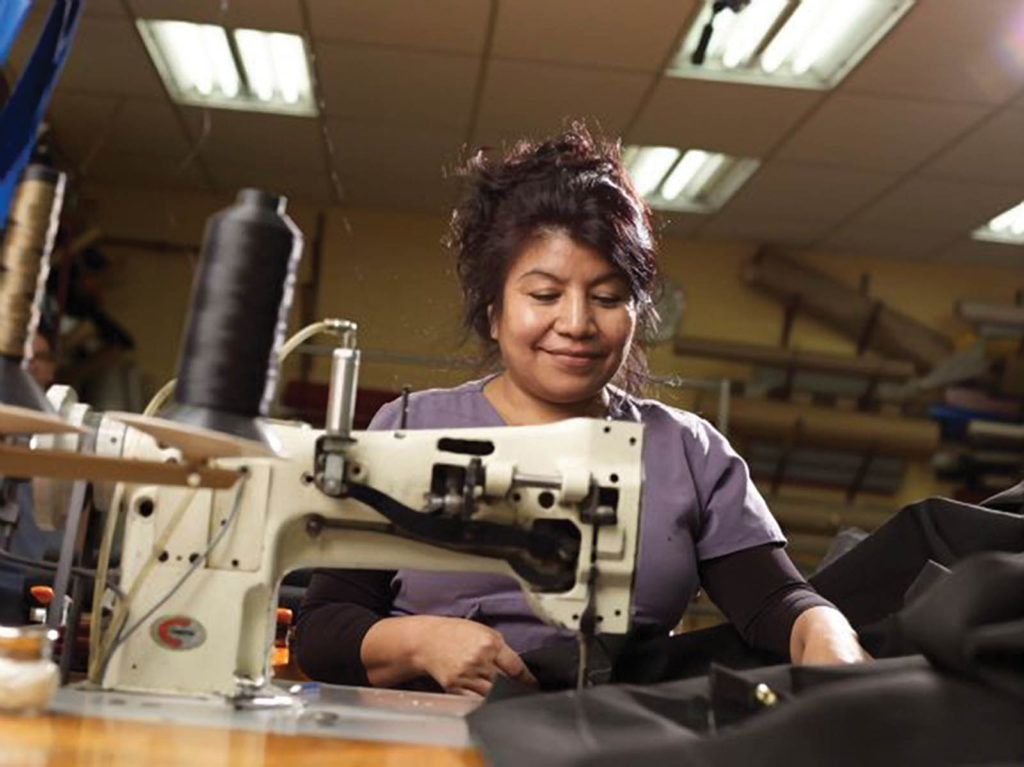
Under Burak’s leadership, Hudson Awning worked its way into a new market, doing work for retailers such as Ralph Lauren, Macy’s, Cartier, and Lord & Taylor. Vanderbeck says the company carved a niche in the industry “as a very high-end, very competent fabricator that was able to deliver to the pickiest of audiences.”
Recently, the company has again set about re-creating itself. “We have redirected ourselves away from awnings and into more types of hard construction,” explains Burak.
“Architecture and design drives our industry and that’s where our focus is, because the architects are the ones who conceive ideas,” says Burak, noting a trend toward less use of fabric. “We still use a lot of membrane material because that is more industrial and meets a lot more needs than soft fabric. I think we’re going to continue on that path.”
Concerning COVID-19, “The most important challenge will be keeping all of our employees safe and healthy,” says Isabella-Wetchkus. Burak adds, “We haven’t been impacted as greatly as I had assumed. Bidding is still happening; projects are still occurring. We have enough work in our plant to keep everyone busy. . . . So that works for us.”
Year founded: 1881
Original products: Sails
Current products: Custom fabric and metal awnings and canopies
Number of employees: 25
Cathy Broberg is a writer and editor from the Minneapolis area.
 TEXTILES.ORG
TEXTILES.ORG


